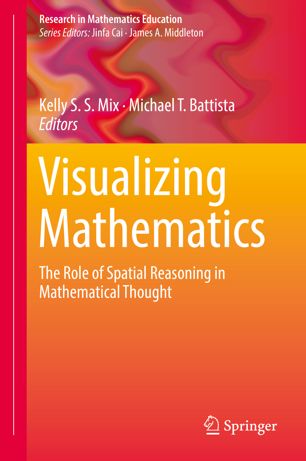

Most ebook files are in PDF format, so you can easily read them using various software such as Foxit Reader or directly on the Google Chrome browser.
Some ebook files are released by publishers in other formats such as .awz, .mobi, .epub, .fb2, etc. You may need to install specific software to read these formats on mobile/PC, such as Calibre.
Please read the tutorial at this link: https://ebookbell.com/faq
We offer FREE conversion to the popular formats you request; however, this may take some time. Therefore, right after payment, please email us, and we will try to provide the service as quickly as possible.
For some exceptional file formats or broken links (if any), please refrain from opening any disputes. Instead, email us first, and we will try to assist within a maximum of 6 hours.
EbookBell Team

5.0
28 reviewsThis unique volume surveys recent research on spatial visualization in mathematics in the fields of cognitive psychology and mathematics education. The general topic of spatial skill and mathematics has a long research tradition, but has been gaining attention in recent years, although much of this research happens in disconnected subfields. This volume aims to promote interaction between researchers, not only to provide a more comprehensive view of spatial visualization and mathematics, but also to stimulate innovative new directions in research based on a more coordinated effort. It features ten chapters authored by leading researchers in cognitive psychology and mathematics education, as well as includes dynamic commentaries by mathematics education researchers on cognitive psychology chapters, and by cognitive psychologists on mathematics education chapters.
Among the topics included:
Visualizing Mathematics makes substantial progress in understanding the role of spatial reasoning in mathematical thought and in connecting various subfields of research. It promises to make an impact among psychologists, education scholars, and mathematics educators in the convergence of psychology and education.